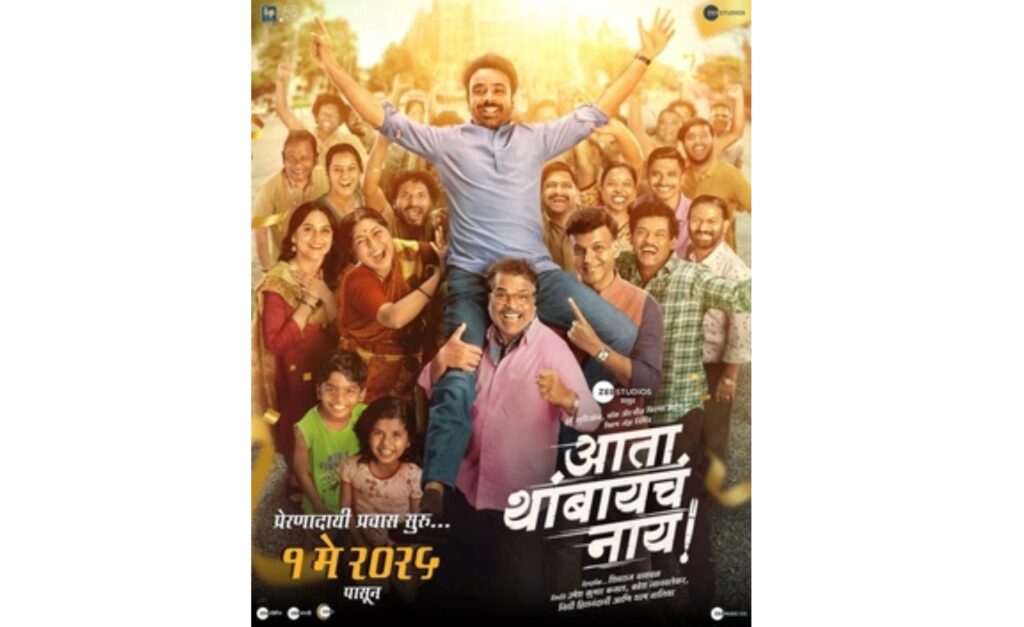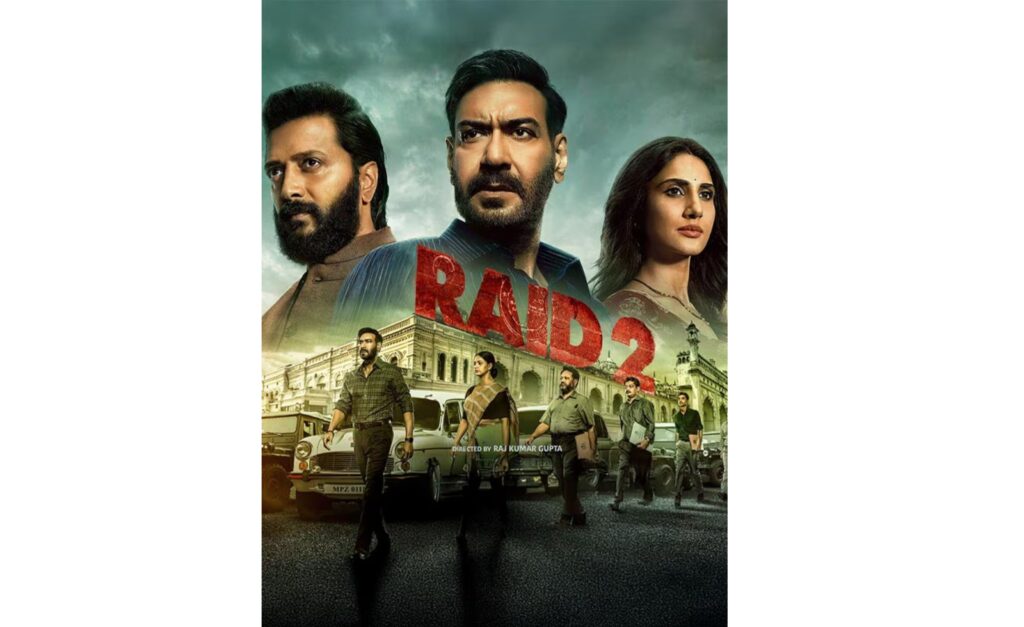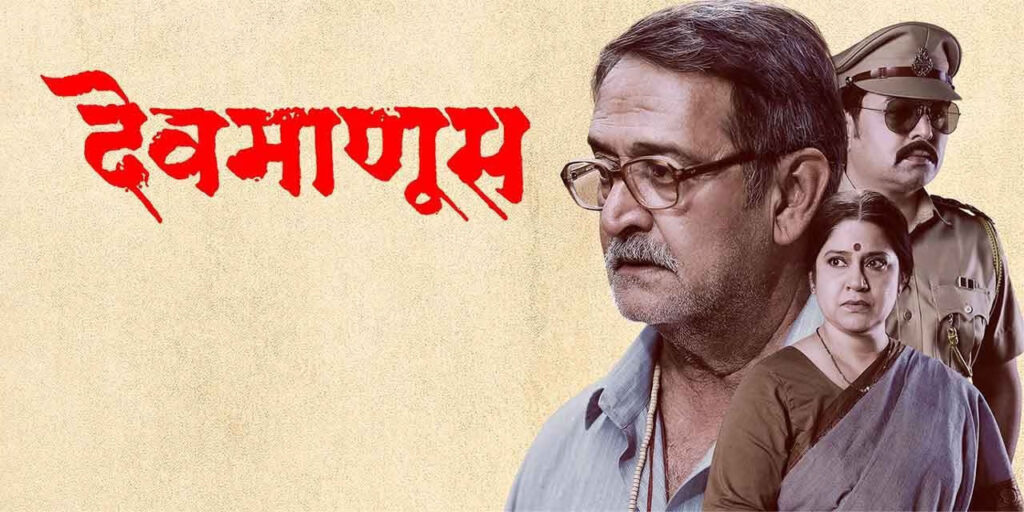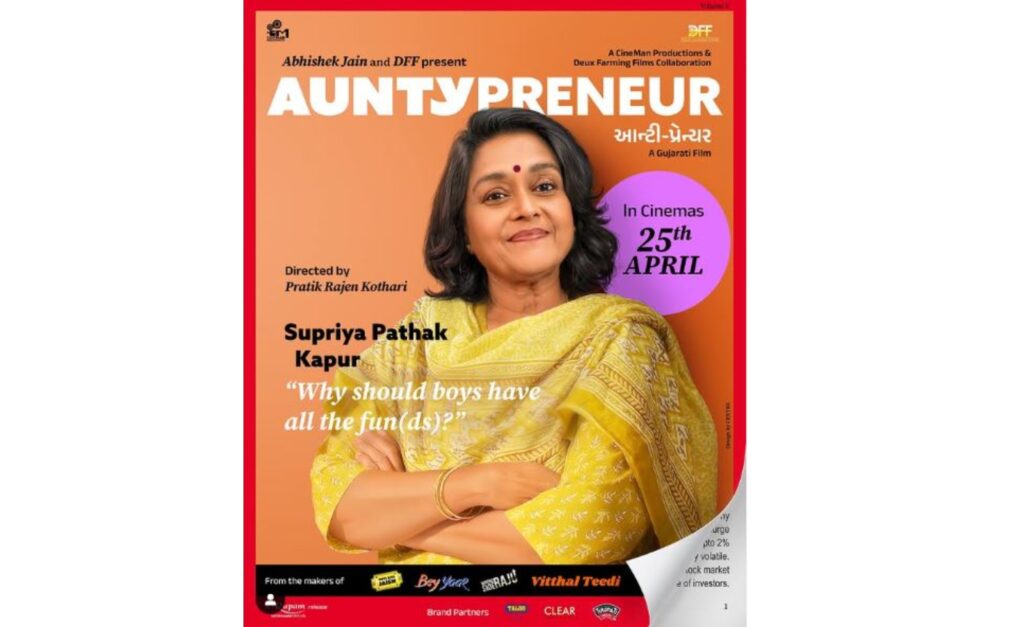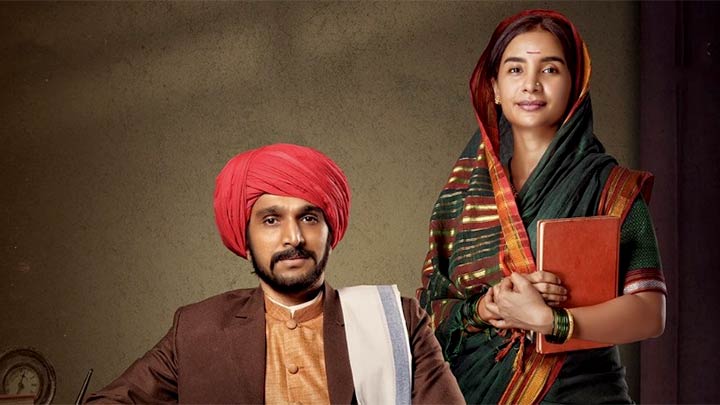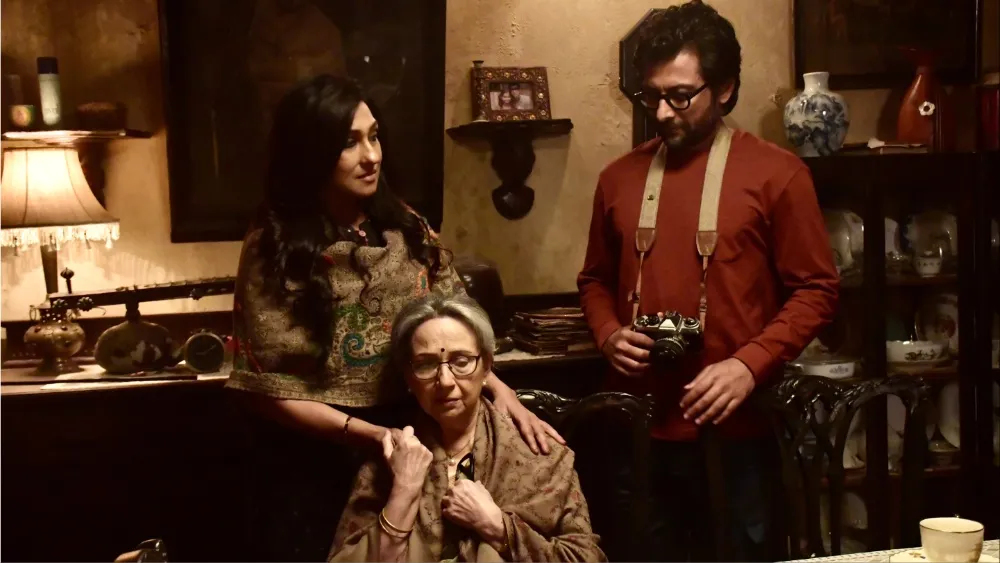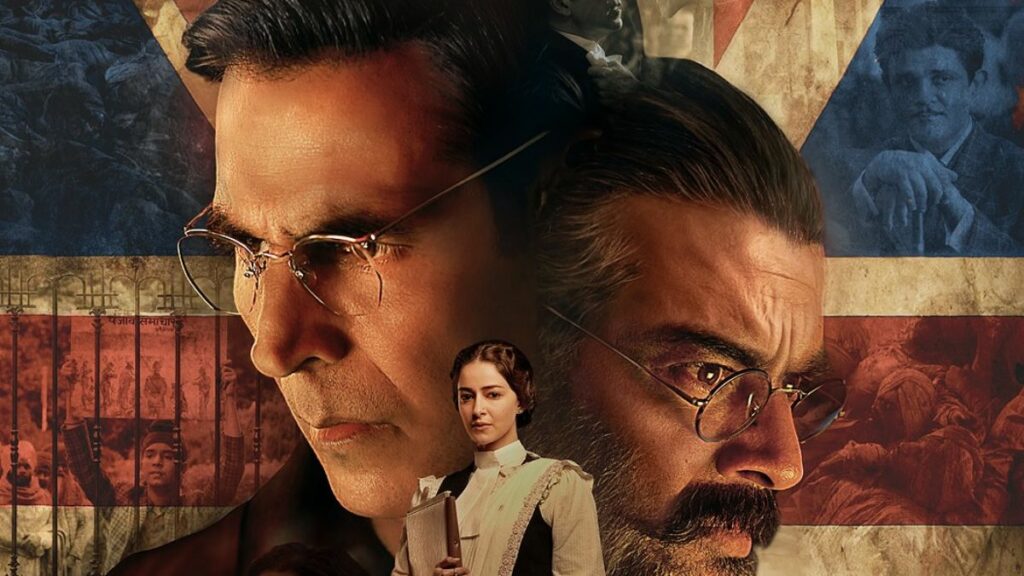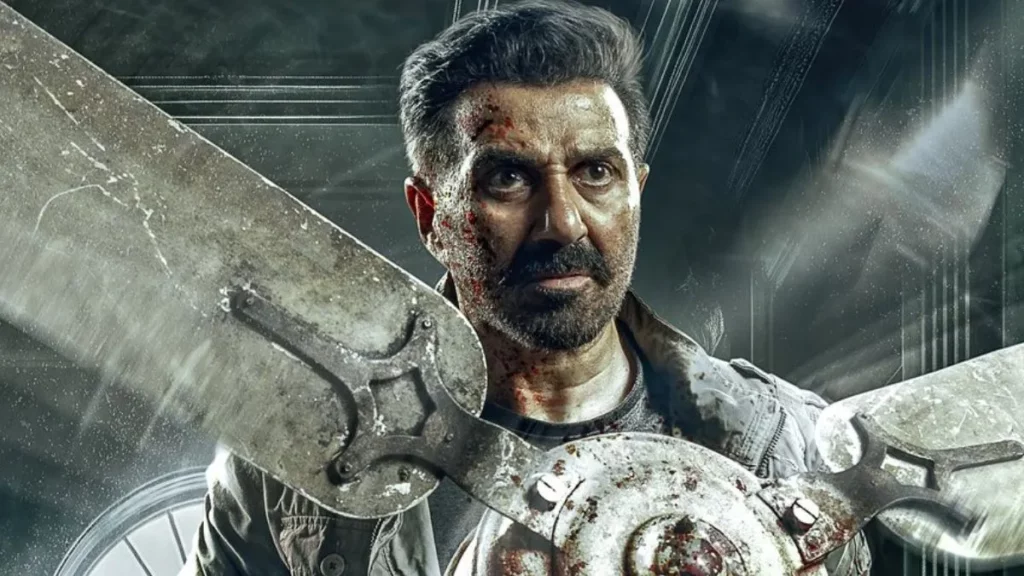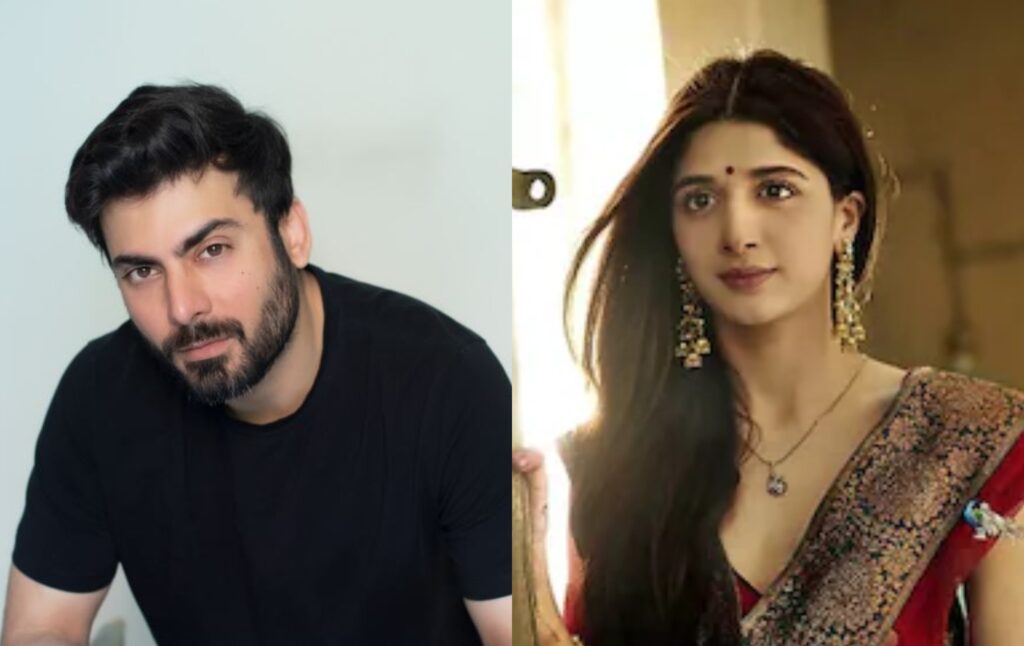If there was one film that had an enormous amount of pressure to turn out to be impressive it was director Christopher McQuarrie’s Tom Cruise starrer Mission Impossible – The Final Reckoning. It’s the last film from the globally admired and successful franchise and hence, fans from all across the world were counting on it to be good.
The film is the continuation of the previous one from the series Mission Impossible – Dead Reckoning. At the end of it, secret agent Ethan Hunt (Tom Cruise) gets hold of the special key from Gabriel (Esai Morales) from the Orient Express. The key holds the key (pun intended) to control the Entity, which has started negatively affecting the world. Meanwhile, the US President Erika Sloane (Angela Bassett) asks Ethan to help the government in controlling the Entity. She doesn’t want him to destroy the Entity as she believes it can destroy cyberspace.
At the same time, Luther (Ving Rhames), Ethan’s associate, has created a ‘poison pill’ that can destroy the Entity. However, it gets stolen. Ethan and Luther, along with their rest of the team – Benji (Simon Pegg), Grace (Heyley Atwell) and Paris (Pom Klementieff) – have their task cut out in order to save the entire human race.
The film starts on a thrilling note but it soon gets onto the bland path. The proceedings are not boring but not exciting either. One does root for Ethan and his team in their monumental task but the lack of action and thrill continue to affect you. On top of that, there is a severe over-use of dialogue with the characters speaking way too much, which, at times, creates confusion. This comes across as surprising because all previous Mission Impossible films have had an action oriented, if not action-packed, build up in the first half.
Thankfully, Mission Impossible – The Final Reckoning is saved in the second half where things start getting more serious. This part is more dependent on the two action pieces – the underground water sequence and the plane stunt.
The former is a one-of-its-kind and keeps you fully impressed with the way it has been executed and performed. The airplane fight and survival sequence is when the film truly comes alive. It keeps you at the edge-of-your-seat, especially if you are watching it in IMAX (like this reviewer did). The nail-biting moment at the end followed by what can be called a moving farewell ensures that you go out of the cinema hall with a degree of satisfaction, more so if you are fan of MI series.
As one expects from a film of such an international franchise, the technical department rises to the occasion.
The movie, like the rest of the series, revolves around Tom Cruise and he once again doesn’t disappoint as Ethan Hunt. He is likeable in the emotional moments and tremendous during the exhilarating stunts, especially the airplane one. To see him carry out such antics despite being a senior citizen makes it all the more special.
Ving Rhames, Hayley Atwell, Simon Pegg and Pom Klementieff do well as Ethan’s teammates. Esai Morales is effective as the bad guy. Angela Bassett leaves behind a mark as the US President.
Overall: Mission Impossible – Final Reckoning works more because of the second half. It turns out to be a good farewell for a series that has impressed action lovers worldwide for close to 30 years.
Rating: 3 out of 5
Director: Christopher McQuarrie
Producers: Paramount Pictures, Skydance and TC Productions
Writers: Christopher McQuarrie and Erik Jendresen
Cast: Tom Cruise, Ving Rhames, Hayley Atwell, Esai Morales, Simon Pegg, Pom Klementieff, Angela Bassett
Also read: Ata Thambaycha Naay! review: This heartwarming tale restores your faith in humanity

